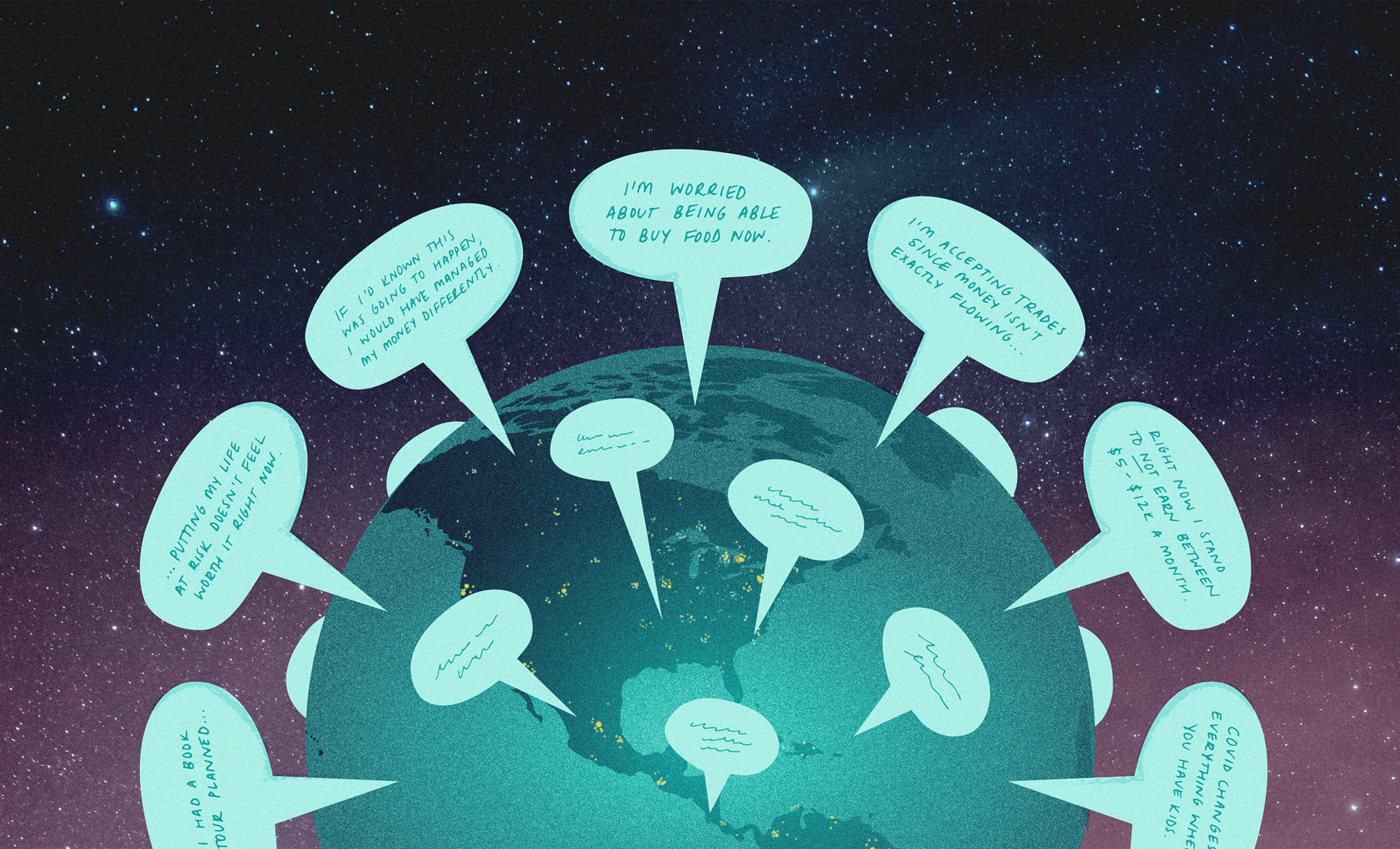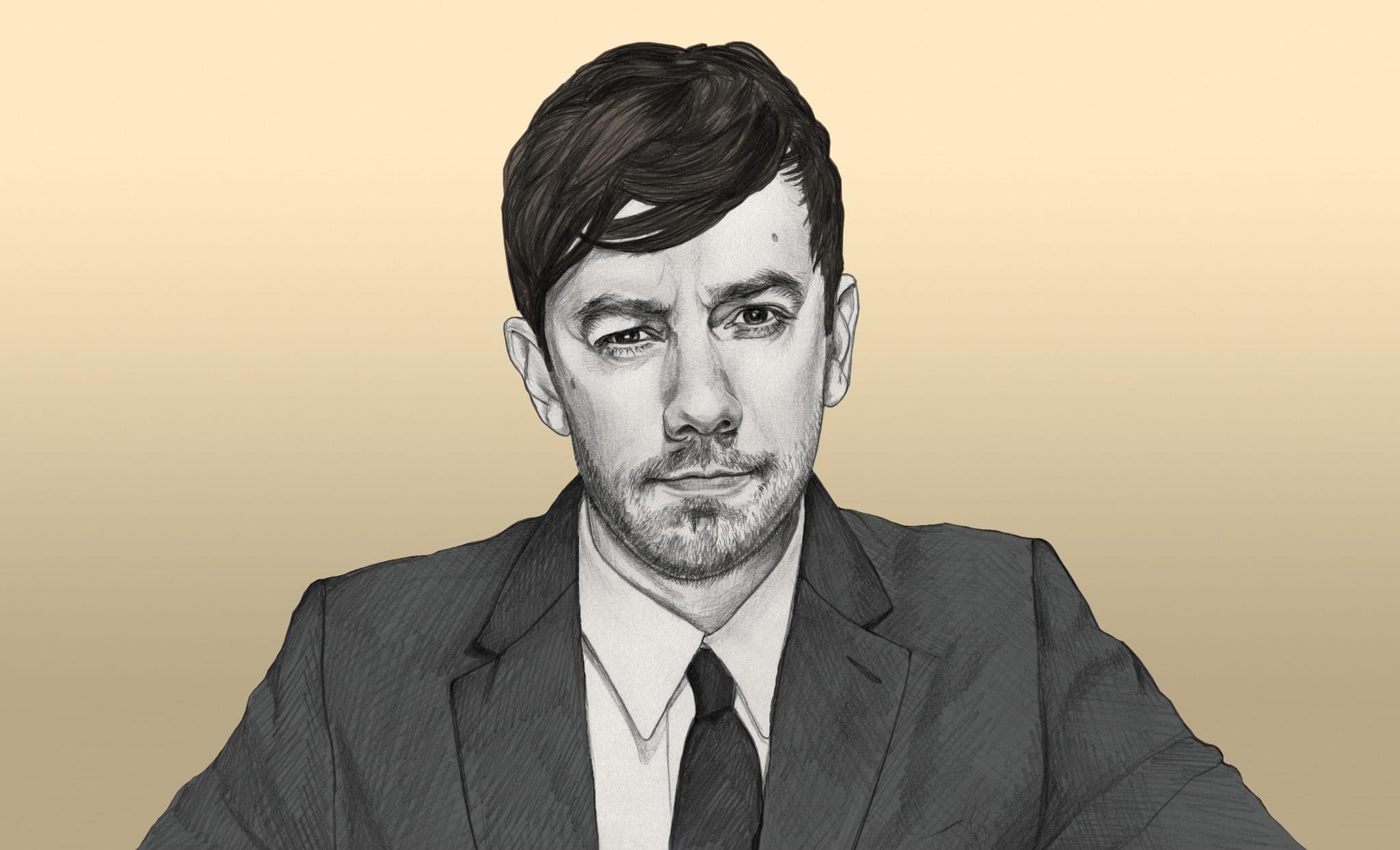
Money Diaries
Why Being in Lonely Island is a Strange Way to Make Money
Jorma Taccone — writer for Saturday Night Live, director of MacGruber, guy who played Shakespeare in “The Lego Movie” — explains how weird it is to be paid for what you’d do for free.
Wealthsimple makes powerful financial tools to help you grow and manage your money. Learn more
Wealthsimple is a new kind of investing service. This is the latest installment of our recurring series “Money Diaries,” where we ask interesting people to open up about the role money plays in their lives.”
There’s a strange thing that happens when you start actually making money doing the things you love and, in another situation, things you would do for free. And have done for free. Sometimes when creative work becomes a job, and you’re working to the point of exhaustion, you find yourself struggling to maintain the level of joy that you used to find in it. When I was writing and performing regularly for Saturday Night Live, there were times I hadn’t slept in two days. We’d be tweaking the edits on our Lonely Island video shorts until the moment they aired. I would actually hear the studio audience laughing as they got warmed up for our live broadcast, and I’d start panicking since our video wasn’t quite ready. It could be so stressful. Look — comedy is the joy of my life. But it can be really hard when you know you have to make something and have it finished by a certain time, and there’s no other option. And there were certainly times when I wished I could trade whatever money I might’ve been due for one solid night of sleep, and the extra time to finish our latest video to my own satisfaction. It’s a luxury, I realize. But that’s also how it feels.
I’ve done plenty of stuff for money. My first job was an after-school gig at a toy store on College Avenue in Berkeley, California called Sweet Dreams. I was 14. Everyone seemed to mistakenly believe that Sweet Dreams was an adult toy store; vendors and wholesalers were constantly calling the store trying to sell us lingerie and sex toys. I learned about toys I’d never heard of and never could have imagined. Besides answering the phone, my main job was to stock the shelves and break down cardboard boxes. There’s a certain irony in it — now that I’m a dad living in New York City, where my whole life is delivered to me through Amazon. All these years later, and my primary job still seems to be breaking down boxes.

Sign up for our weekly non-boring newsletter about money, markets, and more.
By providing your email, you are consenting to receive communications from Wealthsimple Media Inc. Visit our Privacy Policy for more info, or contact us at privacy@wealthsimple.com or 80 Spadina Ave., Toronto, ON.
As a teenager, I also got my first acting jobs, doing theater in Berkeley, where my dad was a theater director. I made around $400 a week, splitting roles with another kid — we were young, so we had to perform in alternating shows. I remember I was in a production of Waiting for Godot at the Berkeley Repertory Theater and I played the boy. And I kept getting in trouble with the stage manager. She’d asked me, reasonably, not to wear my Swatch watch on stage. The watch was a crazy shade of Day-Glo yellow, impossible not to notice from the audience. She was like, “They don’t have Swatch watches in Godot’s time!” I told her that, wherever Mr. Godot was now, maybe things were different. “Maybe they have Swatch watches there!” I insisted. This was my first truly memorable creative mistake.
I don’t think we should be living as full-fledged communists, but I think it’s a natural, human instinct to want to find ways to even out the deep financial disparities in our world.
In college, at UCLA, I worked at Noah’s Bagels in Westwood. That was where I met my first famous person — Alicia Silverstone. She came in for lunch and I can still remember just how flustered I got. I was like, “Oh. You’re famous! You’re a famous person, right? Wait, what did you order?” It was super-awkward and I think she was probably embarrassed for me. After a cringing silence, I slipped her an everything bagel and said, “You know what? It doesn’t matter that you’re famous. I give people free shit either way.” She seemed surprised by that. But it was true. I wasn’t just hooking up famous people. I’d also give stuff away free to complete strangers. My small acts of random kindness may have put some dents in their bottom line.
Now that I make more money than I used to, one of the unexpected things that’s happened is that I have more clarity about economic disparities — whether it’s my own neighborhood or around the world. I live in a capitalist system, but I believe in the tenets of socialism. My mother was an idealist who preached socialism, and a lot of her beliefs have surfaced within me, too. I don’t think we should be living as full-fledged communists, but I think it’s a natural, human instinct to want to find ways to even out the deep financial disparities in our world. I mean, our current levels of disparity aren’t sustainable. Right now, a small pool of people owns half of the world’s wealth. That’s horrendous! And it’s hard to imagine that anyone could view that fact any differently.
Recommended for you
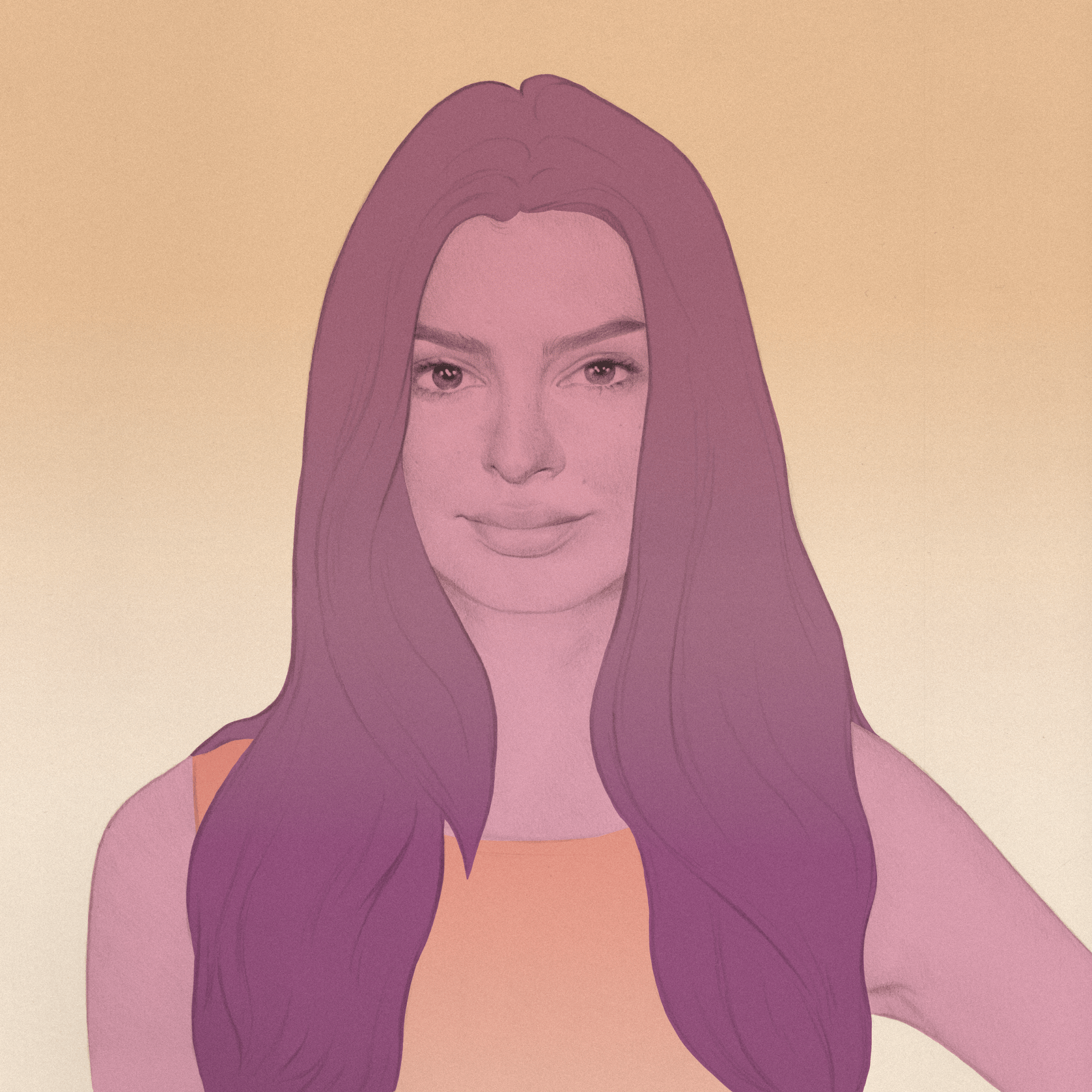
Emily Ratajkowski Is Not a Commodity
Money Diaries
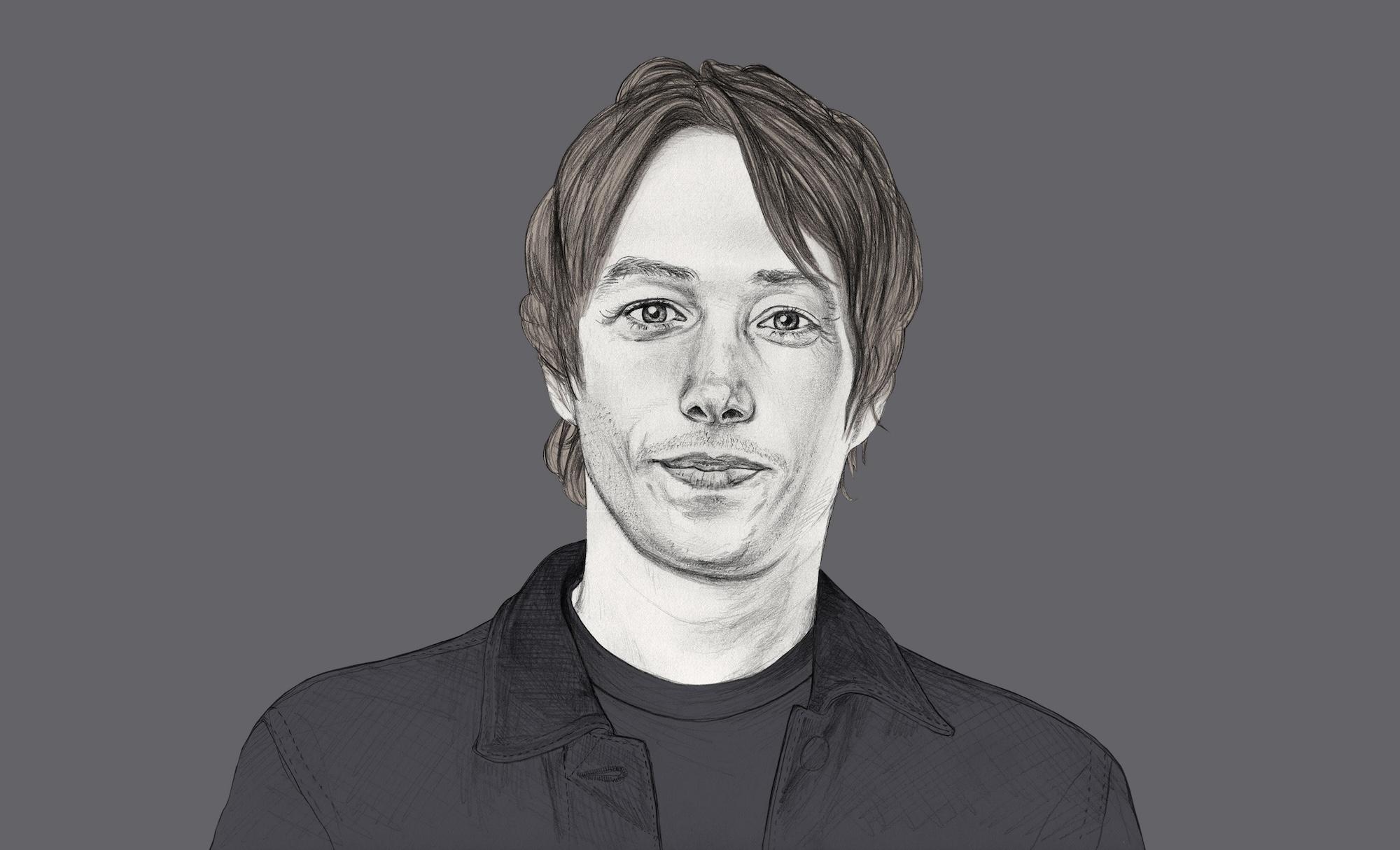
To Win Four Oscars, Sean Baker Had to Go Broke Again and Again
Money Diaries
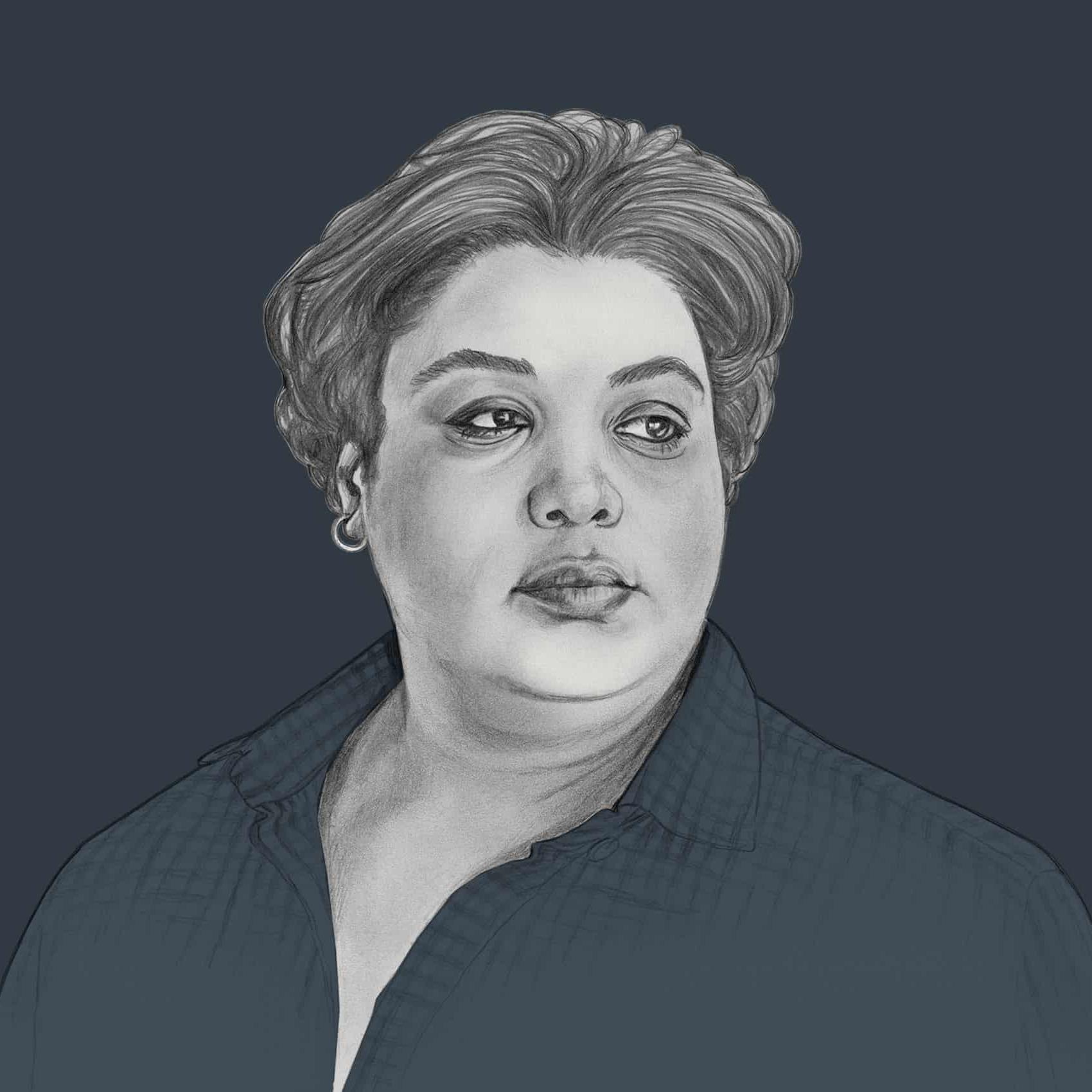
Roxane Gay on Financial Independence: 'The Most Important Thing a Woman Can Do for Herself'
Money Diaries

How to Quit Your Job and Bike Around the World for $17,000
Money Diaries
It just feels tragic to me that society does such a poor job of taking care of so many of our citizens. There’s a theory held by some folks that if the richest people are allowed to control all the money, they’ll give enough to charities to protect the poorest among us. But it never works out that way. There’s vast poverty throughout the world, and we’ve relegated huge swathes of humanity to existing as living scum. It’s fucking disgusting. Now, the challenge is not to be overwhelmed by the scope of the problem, and to try to think about ways we can make a difference and create change. Personally, I donate to charities, and I find other hands-on ways to reach across the economic chasm, but I think out of fucking laziness I’d rather just have that shit taken out of my paycheck. Of course, I don’t want my taxes spent on military spending or paying for foreign wars; I want the money spent on social programs that deserve — and desperately need — proper funding.
On a local level, I live in Carroll Gardens, a neighborhood in Brooklyn that juxtaposes rising affluence with some fairly real urban poverty. You’ll see really high-end chain stores like Rag & Bone and multimillion dollar brownstones, while right down the street are some of New York City’s poorest housing projects — the Gowanus Houses. And that’s actually one thing I appreciate about New York — people from all walks of life are living on top of one another, and you can’t seal yourself off from anyone who’s not like you, the way you can in a suburban gated community. You can’t hide from other people’s economic realities. It’s all right there in your face.
What makes you happy to the core really has nothing to do with how many dollars you accumulate.
For the last few years, I’ve been mentoring kids through a program called the Gowanus Houses Art Collective, recording songs with them, showing them how much fun writing and making music can be, and helping them find their creative voice. I try to bring positivity into their lives, but I know their daily reality is far different than mine.
At the same time, I think there’s a wild and rampant misconception that money is going to fix you, and that the more money you have, the happier you’ll be. There’s a great documentary called Happy that completely unravels that premise. The truth is, once you make about $60,000 a year — enough to make sure your basic needs are met — more money is unlikely to increase your overall happiness. If you’re really struggling to pay the bills, then money can alleviate some of that stress and anxiety. But above a certain level, wealth doesn’t affect you in the way we might hope and imagine. We all like having nice things, and it’s a seductive notion that greater wealth will lead us to the happiness we’re seeking in our lives, but ultimately it’s an illusion. What makes you happy to the core really has nothing to do with how many dollars you accumulate.
At the end of the day, it’s about finding your own happiness. In fact, some of the cheapest items I own are the ones that have brought me the most joy. I’m still a 12-year-old boy at heart, and I’ve never outgrown playing with toys (actual toys, not sex toys). As I see it, there’s nothing more fun than running around the house with a walkie-talkie or a Nerf gun, or taking a remote-controlled helicopter down to the park and launching it into the sky. For me, life’s about play, not getting paid.
As told to Davy Rothbart exclusively for Wealthsimple. Illustration by Jenny Mörtsell. We make smart investing simple and affordable.
Wealthsimple's education team is made up of writers and financial experts dedicated to making the world of finance easy to understand and not-at-all boring to read.

